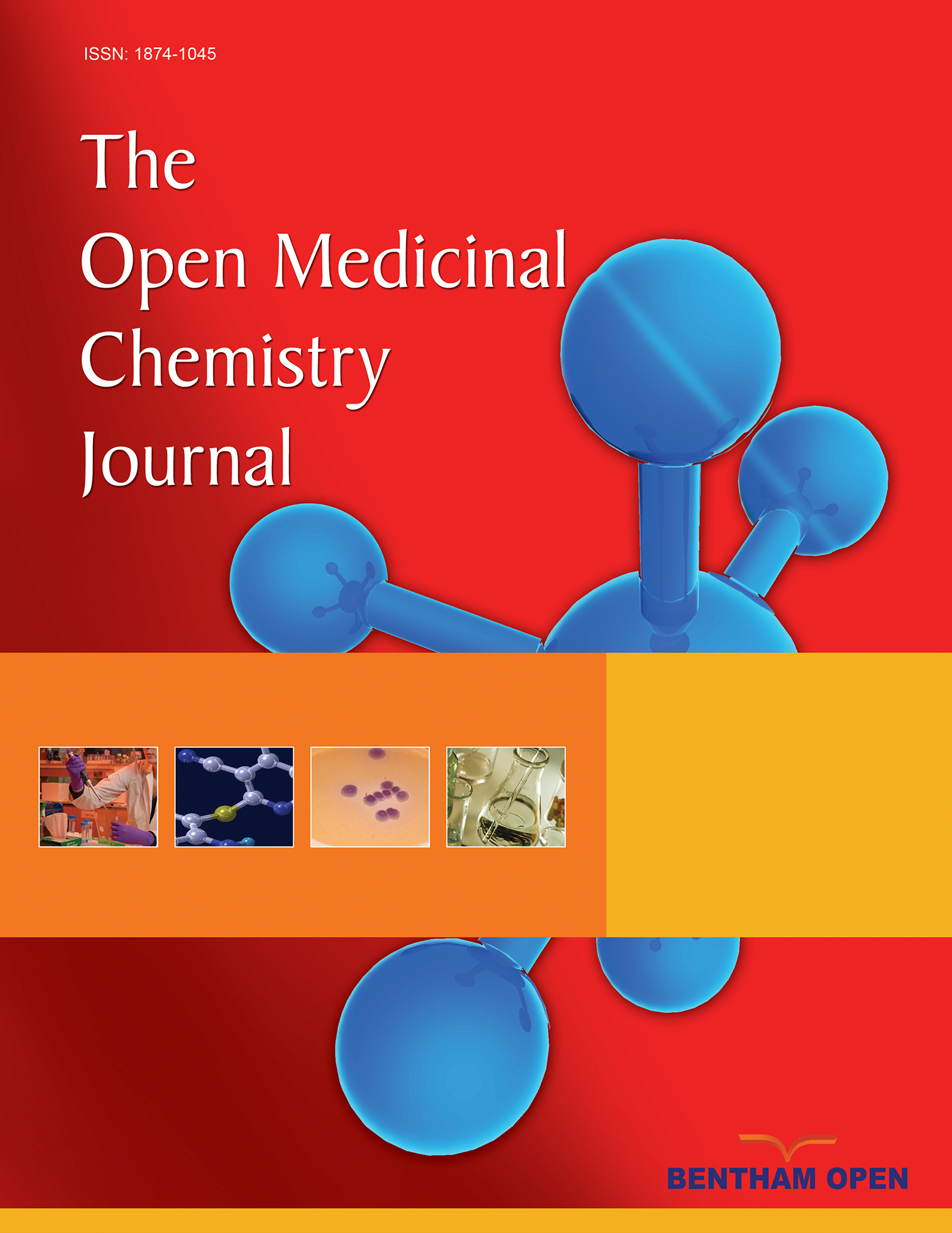All published articles of this journal are available on ScienceDirect.
Metabotropic Glutamate Receptors: Potential Drug Targets for Psychiatric Disorders
Abstract
Metabotropic glutamate receptors (mGlu receptors) have emerged as new therapeutic targets for psychiatric disorders, such as schizophrenia, depression and anxiety with their regulatory roles in glutamatergic transmissions. To date, several ligands selective for each mGlu receptor have been synthesized, and pharmacological significances of these ligands have been demonstrated in animal models. Among them, mGlu2/3 receptor agonists have been proven to be effective for treating schizophrenia and anxiety disorders in clinical studies, which may prove utilities of mGlu receptor ligands for the treatment of psychiatric disorders. This article reviews recent advances in development of each mGlu receptor ligands and their therapeutic potential.


